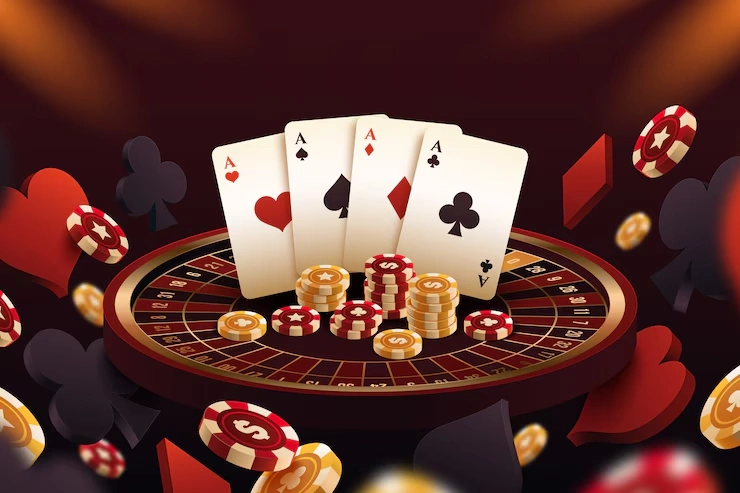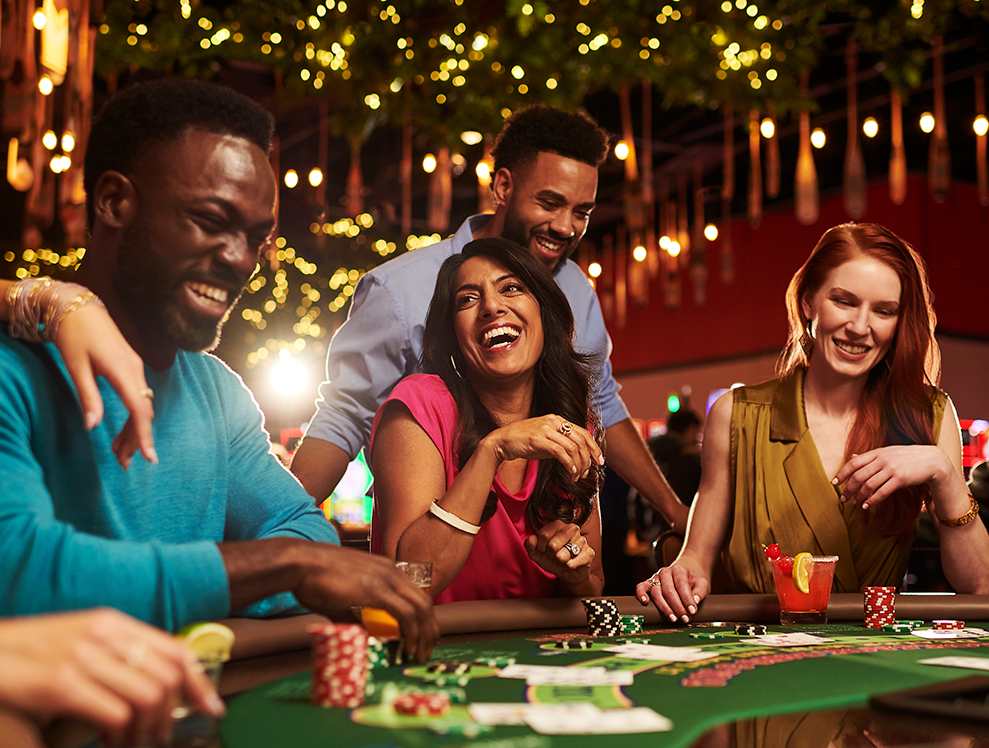In times of emotional pain and personal crisis, people often seek solace in familiar or distracting activities. For some, this activity is gambling. With access to the official ZetCasino website, a digital haven for people coping with depression. In this article, we will take an in-depth look at the psychology of this behavior, finding out why people return to casinos during the most difficult times in their lives, what needs are met, and how online gambling platforms can balance engagement with ethical support.
Understanding Depression and its Behavioral Effects
Depression is more than sadness – it is a pervasive mental health condition characterized by feelings of hopelessness, apathy, fatigue, and difficulty in making decisions. These symptoms often lead people to seek out immediate forms of relief, stimulation, or distraction.
The Need for Escape
One of the strongest impulses for a person in depression is to escape the unbearable weight of their mental state. Gambling, with its fast-paced action, vivid graphics, and instant gratification, offers an accessible form of psychological escape.
Dopamine and the Reward System
Even during depression, the brain craves moments of pleasure. The intermittent rewards of gambling stimulate dopamine release, providing short-term emotional relief and a temporary sense of control or excitement.
Emotional Vulnerability and Risk Behavior
Depressed individuals often engage in higher-risk behaviors, and gambling fits this pattern. It offers high-stakes stimulation that contrasts sharply with the emotional numbness many feel.
Impulsivity in Depression
Depression can impair cognitive function and self-regulation, leading to impulsivity. A person might sign into an online casino and start betting without much thought, seeking momentary distraction.
The Illusion of Control
Casino games give the appearance of choice and agency, which can be soothing to someone feeling helpless in their real life. The ability to spin, bet, and play offers a form of structure and autonomy, even if illusory.
The Casino as a Comfort Zone
For people who have gambled before, returning to a casino – even virtually – represents a familiar setting. In a life clouded by depression, familiar routines can offer comfort.
Ritual and Routine
Logging into an online casino, choosing favorite games, following habitual betting patterns – these routines provide a sense of normalcy, even ritual, that can be psychologically stabilizing.
Virtual Community
Online casinos often offer chat features, player interaction, and live dealers. For isolated individuals, this social element, however surface-level, can reduce feelings of loneliness.
Gambling as a Substitute for Therapy
In the absence of proper psychological care, people sometimes turn to gambling as a form of self-medication.
Numbing Emotional Pain
Like alcohol or drugs, gambling can numb difficult emotions. The absorption in game mechanics temporarily mutes the internal noise of self-criticism, anxiety, or despair.
Misplaced Hope and the Search for Miracles
Depressed individuals may feel stuck, financially and emotionally. Gambling offers a perceived path to miraculous change – a big win that might symbolize a new beginning or a reversal of fate.
Digital Accessibility and Isolation
The ease of access to online casinos enhances the likelihood that depressed individuals will engage in gambling during vulnerable times.
24/7 Availability
Online casinos are always open, requiring no social interaction or travel. This convenience, while attractive, can also enable problematic use.
Isolation and Hidden Behavior
People suffering from depression often isolate themselves. Online gambling can be a secretive activity that reinforces this isolation, compounding emotional distress.
The Role of Platform Design
Online casinos are designed to keep players engaged. For vulnerable users, certain features can reinforce problematic behaviors.
Gamification and Visual Triggers
Bright lights, sounds, progress meters, and rewards systems stimulate emotional engagement and prolong gaming sessions.
Personalized Incentives
Promotions targeted at frequent users can entice depressed individuals to continue gambling, reinforcing a cycle of dependency under the guise of reward.
Ethical Responsibilities of Online Casinos
As platforms grow in reach and influence, they carry an increasing responsibility to protect players, especially those in emotional distress.
Identifying At-Risk Behavior
Advanced algorithms can monitor play patterns to flag signs of compulsive or depressed behavior – frequent losses, erratic betting, prolonged sessions – and trigger responsible gaming interventions.
Promoting Responsible Gaming
Platforms should prominently feature tools like deposit limits, self-exclusion, cool-down periods, and mental health resources.
Supporting Players Beyond Gambling
Online casinos can evolve to support holistic user well-being.
Partnering with Mental Health Organizations
Collaborations with mental health organizations can provide players access to resources and even integrated therapy options.
Educational Content and In-App Prompts
In-game prompts reminding players to take breaks or consider their emotional state can gently guide those at risk toward reflection and self-care.
Personal Stories: Real-World Insight
Behind every statistic is a story. Numerous anecdotal accounts reveal how individuals in depression return to gambling not for greed, but for relief.
“I Just Wanted to Feel Something”
One player described the act of playing slots during depression as “a way to feel alive again.” The adrenaline from wins – even small ones – was a jarring contrast to emotional numbness.
“It Was the Only Thing I Could Control”
Another player recalled returning to online gambling because it was the only area where they felt agency. Life felt uncontrollable, but the game had rules, turns, outcomes – even if random.
Recovery and Empowerment
Though gambling during depression can be harmful, it is not irreversible. Many individuals find recovery through support, insight, and restructured behaviors.
Finding Healthy Substitutes
Replacing gambling with healthier coping mechanisms – art, physical activity, therapy – can fulfill similar emotional needs more sustainably.
Building a Support Network
Friends, family, support groups, and online communities focused on mental wellness can help vulnerable individuals find belonging outside of casino platforms.
Conclusion: A Call for Empathy and Responsibility
The relationship between depression and gambling is complex and deeply human. For some, access to casino website provides a form of escape in dark times. The solution isn’t vilification, but understanding, empathy, and responsible innovation.
As representatives of the online casino industry, our role extends beyond entertainment. We must create spaces that recognize human vulnerability, offer real support, and promote healthy gaming behaviors. In doing so, we can ensure that our platforms serve as places of enjoyment – not hidden arenas of despair.





